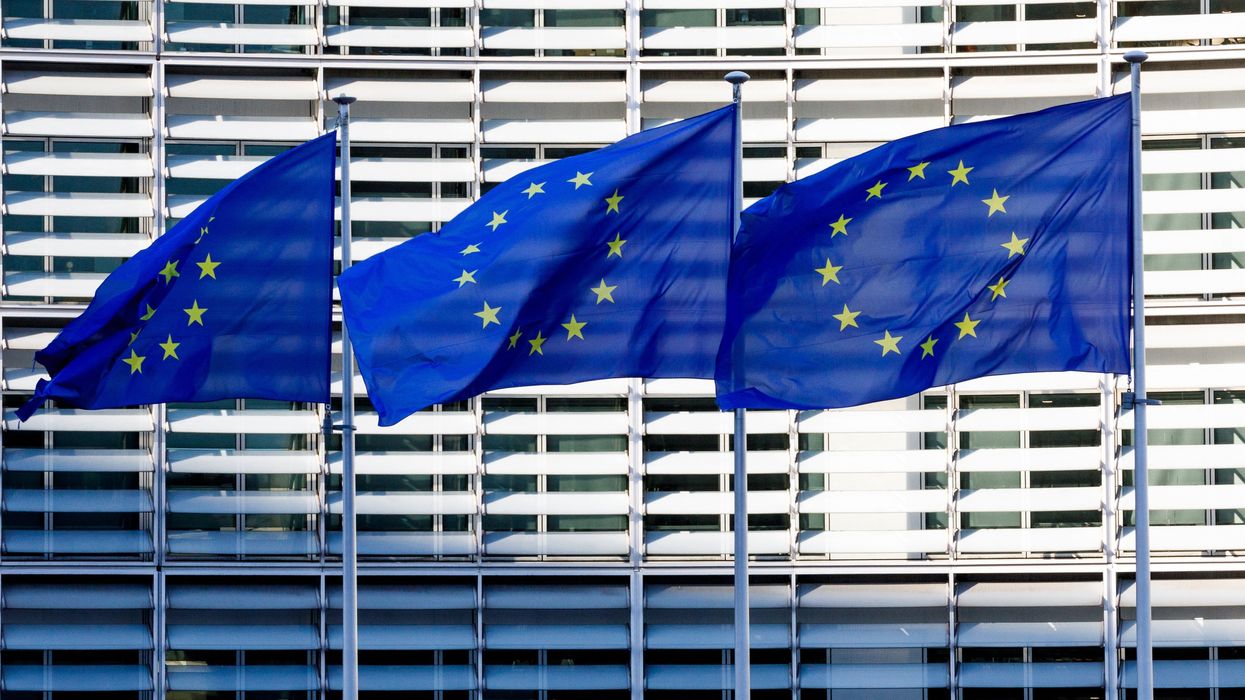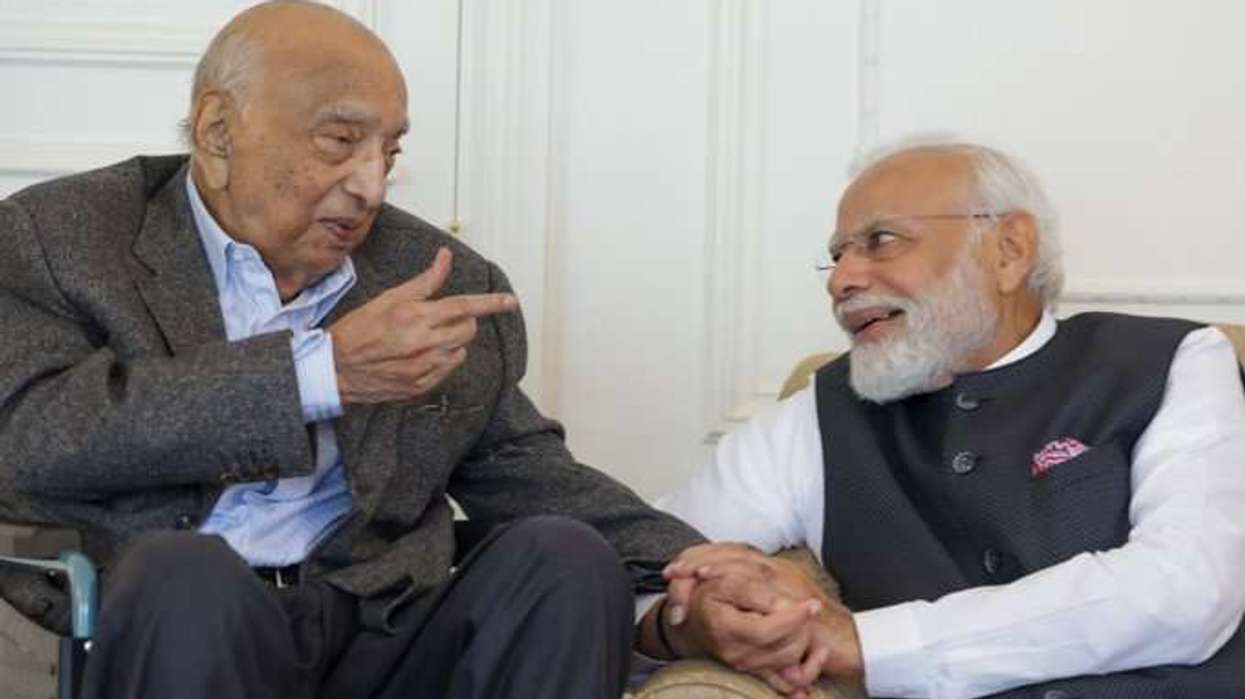INDIA and Bangladesh are among seven countries the European Union has included on a new list of "safe" countries of origin, part of a move to tighten asylum rules and speed up migrant returns.
The list, published on Wednesday, also includes Kosovo, Colombia, Egypt, Morocco and Tunisia. It still needs to be approved by the European Parliament and member states before coming into effect.
The aim is to allow EU governments to process asylum applications from citizens of these countries more quickly, by assuming such claims generally lack merit.
"Many member states are facing a significant backlog of asylum applications, so anything we can do now to support faster asylum decisions is essential," said Magnus Brunner, the EU's commissioner for migration.
The European Commission has faced pressure to reduce irregular arrivals and increase deportations, amid growing public concern over migration and electoral gains by right-wing parties in several countries.
The commission said EU candidate countries would in principle qualify as safe but could be excluded if affected by conflict. Ukraine, for example, would not be on the list due to the ongoing war.
The EU had attempted a similar list in 2015, but the plan was dropped after disagreement over including Turkey, which is also a candidate for EU membership.
The latest list may be revised over time. It is based on countries from which large numbers of asylum seekers currently apply, the commission said.
Several EU countries already have their own national lists of safe countries. France, for example, includes Mongolia, Serbia and Cape Verde on its list.
The EU initiative is intended to harmonise rules across the bloc and establish a shared baseline. Member states can add countries to the EU list but not remove any.
Asylum claims will still be considered individually, with existing protections in place to avoid outright rejection, the commission said.
Concerns from rights groups
Rights groups have criticised the plan, particularly the inclusion of countries such as Tunisia and Egypt, which have been accused of human rights violations.
"Anyone who applies for protection in the EU should have their individual claim assessed fully and on its own merits — regardless of where they are fleeing from," said Meron Ameha Knikman of the International Rescue Committee.
She called the plan "part of a broader trend towards deterrence and hollowing out refugee rights".
The commission noted that Tunisia has arrested political figures, lawyers, judges and journalists, and that Egypt has detained opposition activists and rights defenders. However, it said the general population in these countries did not face persecution or serious harm.
"This is a flagrant violation of a fundamental human right, the right to asylum, as an individual right," the Tunisian Forum for Economic and Social Rights told AFP.
Frontex, the EU’s border agency, said irregular border crossings into the bloc dropped 38 percent to 239,000 last year after peaking in 2023.
In October, EU leaders including those from Italy, Denmark and the Netherlands called for urgent reforms to speed up returns and explore new ways to address irregular migration.
Fewer than 20 percent of people ordered to leave the EU are currently returned to their home countries, according to EU data.
Last month, the commission proposed reforms that would allow member states to set up migrant return centres outside the EU.
Italy's Interior Minister Matteo Piantedosi welcomed the new list on Wednesday, calling it "a success for the Italian government".
(With inputs from AFP)





